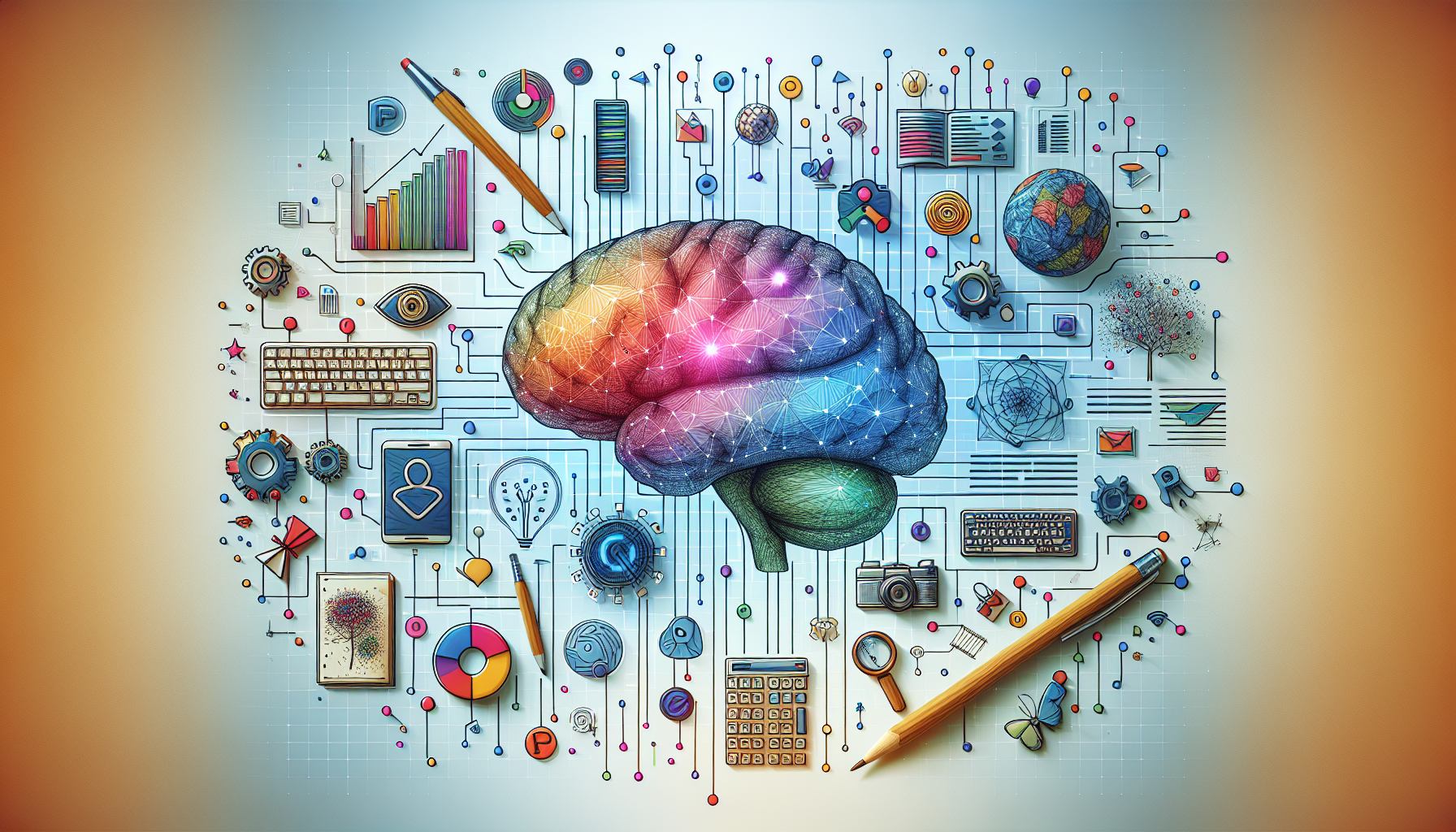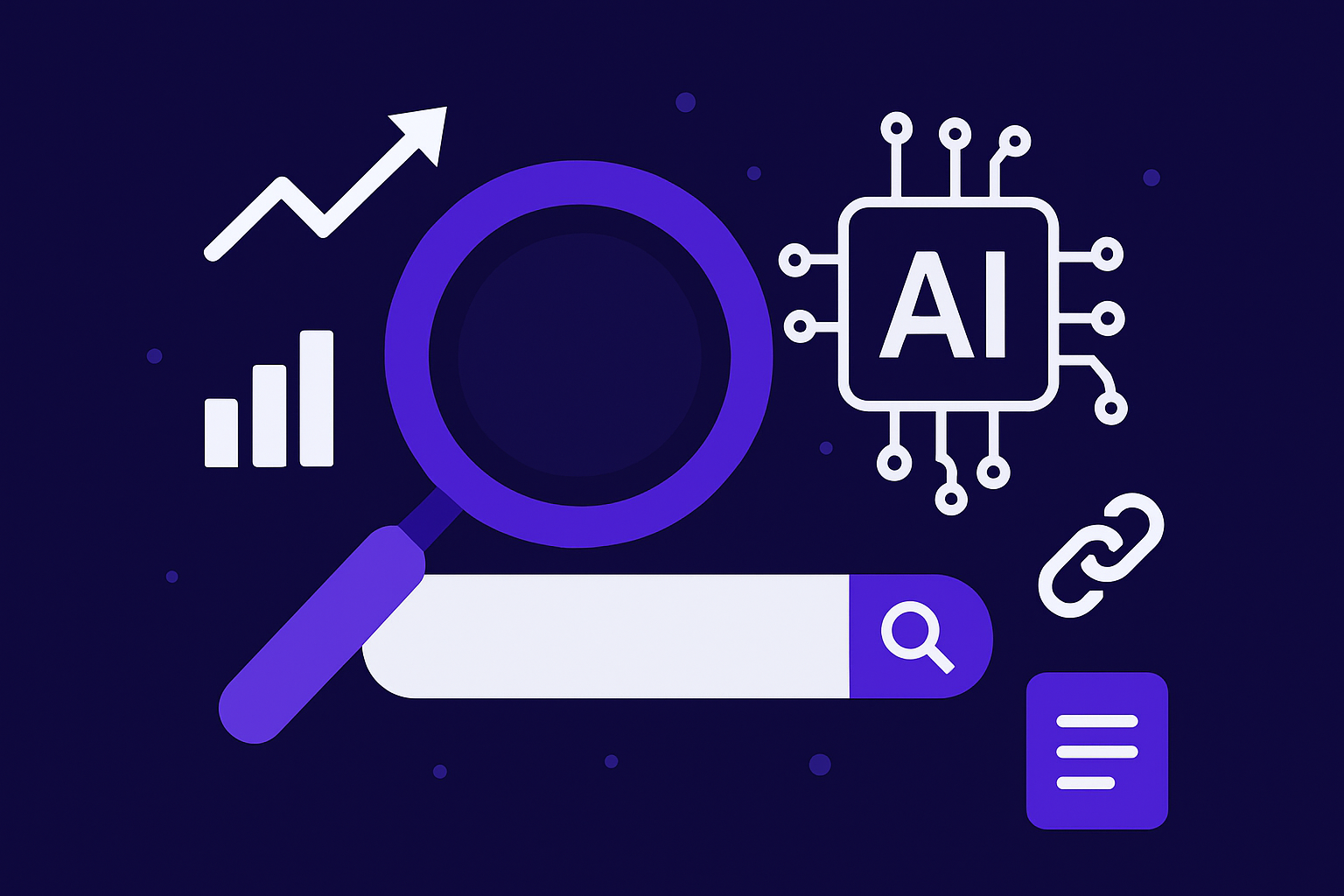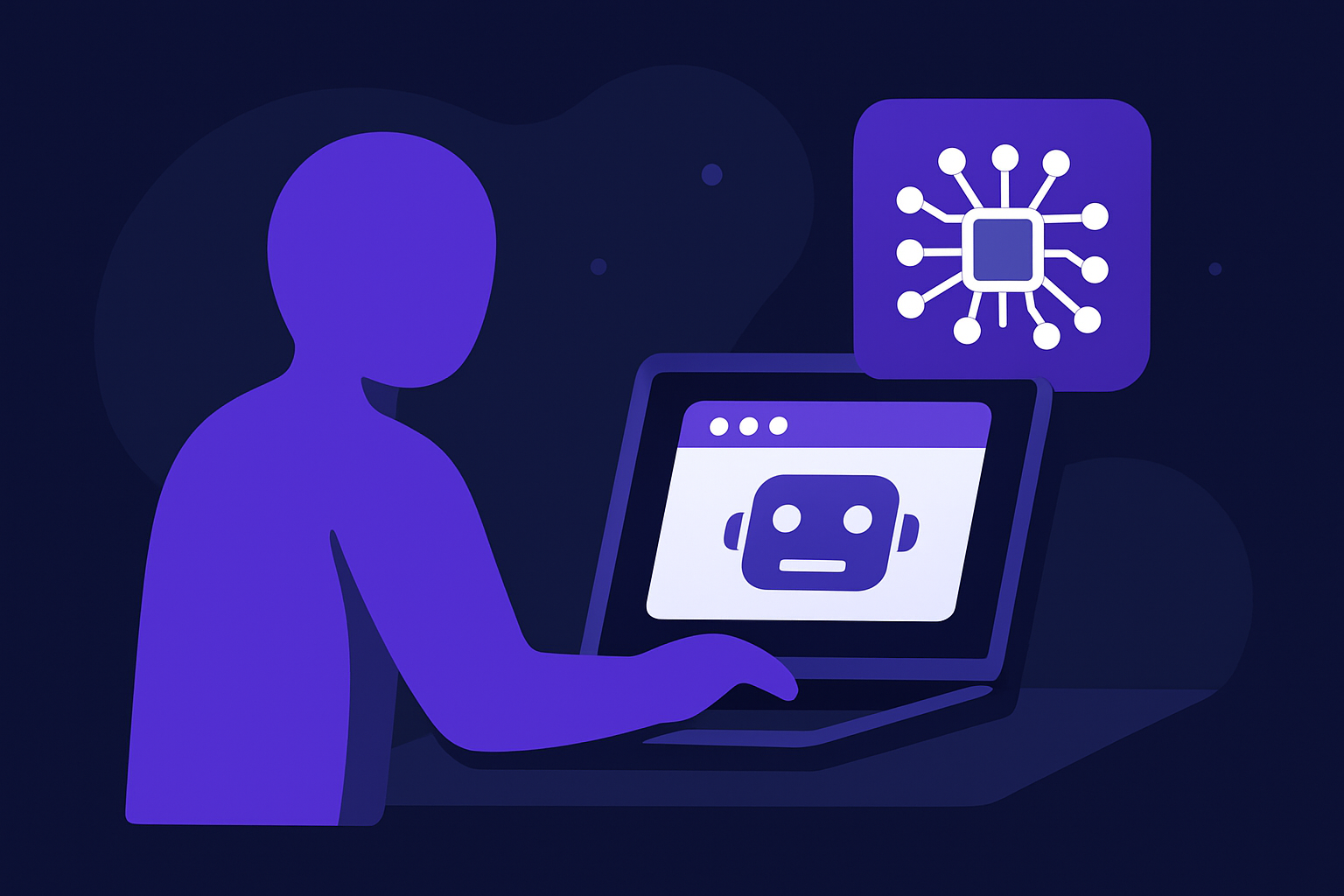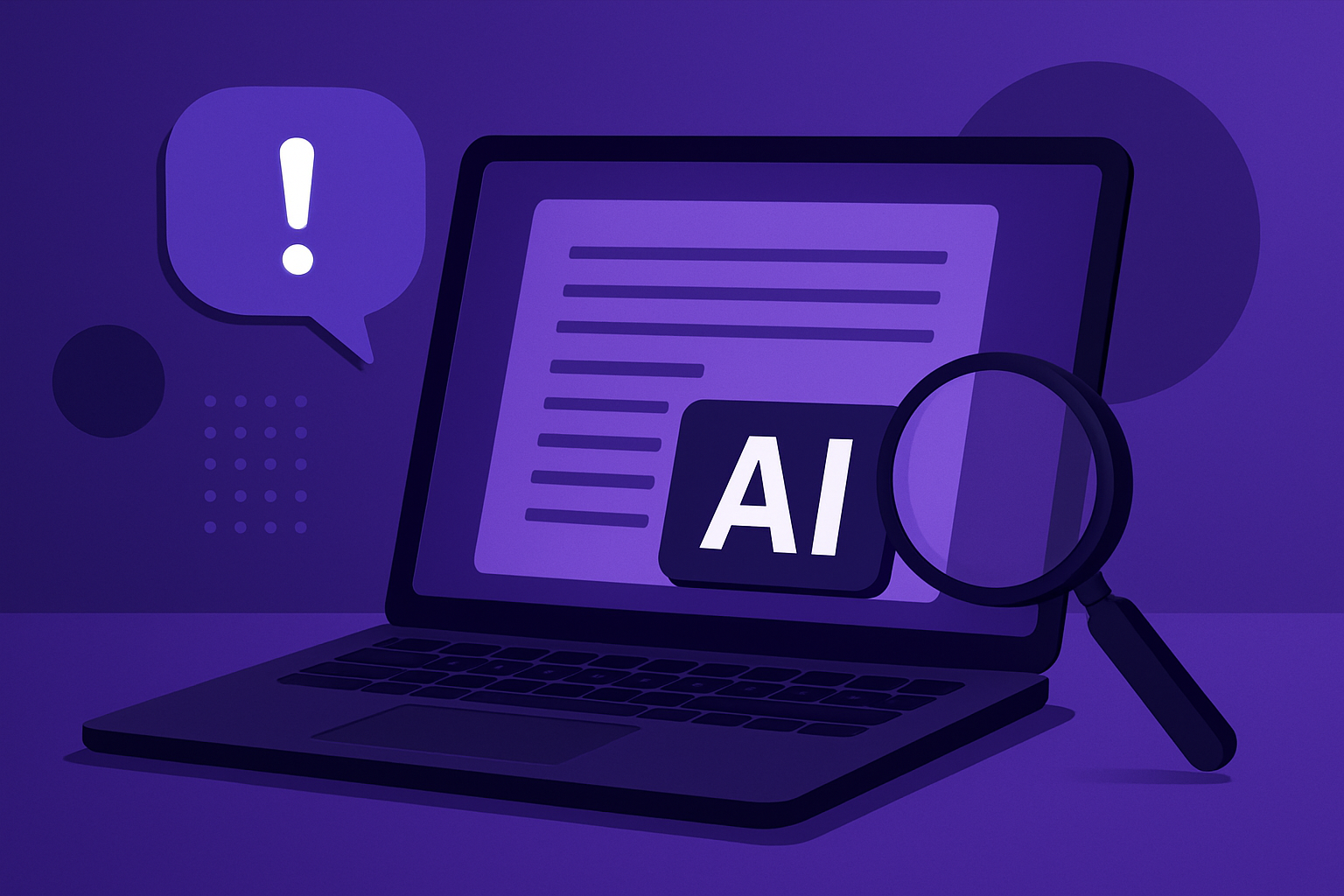The landscape of content creation is undergoing a seismic shift with the rise of AI-powered tools. These advanced systems offer unprecedented capabilities, enabling creators to generate content faster and more efficiently than ever before. For businesses, marketers, and individual content creators alike, harnessing the power of AI can unlock significant potential.
With the rapid advancements in artificial intelligence, particularly in natural language processing and machine learning, creating high-quality content has become not only more accessible but also more data-driven. This transformation allows for enhanced creativity and strategic planning, effectively streamlining the creation process and enabling a focus on quality and engagement.
The Rise of AI in Content Creation
The integration of AI into content creation processes represents a major shift in how industries approach the task of engaging audiences. AI technologies are being adopted across sectors, recognizing their potential to revolutionize content delivery and strategy.
AI-driven tools can analyze vast amounts of data to identify trends and consumer behavior patterns, which can inform content strategies with greater precision than traditional methods. This capability allows businesses to tailor their messages more effectively, ensuring they reach the right audience at the right time.
Moreover, AI's ability to automate repetitive tasks liberates content creators from mundane duties, enabling them to focus on innovation. As a result, content teams can enhance productivity and allocate more resources to creative brainstorming and strategic initiatives.
Benefits of AI-Powered Content Generation
Incorporating AI into content generation brings a myriad of benefits, chief among them efficiency and scalability. AI tools can quickly produce content drafts in various formats, saving valuable time for human creators to refine and perfect.
Furthermore, AI systems can provide insights into optimal content structures, styles, and tones by analyzing successful examples across industries. This guidance helps maintain a level of consistency in messaging while allowing room for personalization based on target audience segments.
Scalability is another critical advantage, as AI can handle a larger volume of content output without compromising quality. This capacity is especially beneficial for businesses looking to expand their content marketing efforts across different channels and regions.
Challenges and Ethical Considerations
Despite the many advantages, the use of AI in content creation is not without its challenges. One primary concern involves maintaining authenticity and human touch in AI-generated content. Ensuring that content remains engaging and relatable requires careful oversight by human editors.
There are also ethical considerations to address, such as the risk of bias in AI algorithms, which can inadvertently reflect or amplify existing prejudices. Companies need to prioritize transparency and fairness in their AI deployments to build trust with their audiences.
Moreover, the potential for job displacement looms as AI continues to evolve. However, this can be mitigated by redefining roles to incorporate more strategic and creative responsibilities, thus enhancing the value of human contribution within the content ecosystem.
Future Prospects of AI in Content Creation
Looking a, the role of AI in content creation is set to expand further as technologies evolve. Enhanced algorithms and models promise to deliver even more sophisticated content solutions, pushing the boundaries of creativity and engagement.
The future will likely see deeper integration of AI with other emerging technologies, such as virtual reality and augmented reality, offering new avenues for immersive content experiences. Such developments could redefine how audiences interact with digital content, opening up exciting possibilities for storytelling.
As AI continues to shape the content landscape, organizations and individuals must remain adaptable, continually updating their strategies to leverage new tools and stay competitive in an ever-changing market.
In conclusion, AI-powered content creation is reshaping the way we think about generating and delivering information. The blend of efficiency, scalability, and innovation it offers presents transformative opportunities for those willing to embrace these technologies.
While challenges remain, particularly in maintaining the authenticity and ethical usage of AI tools, the benefits clearly outweigh the drawbacks. By understanding the capabilities and limitations of AI, creators can harness its full potential, ensuring content that resonates well with audiences and drives meaningful engagement.













